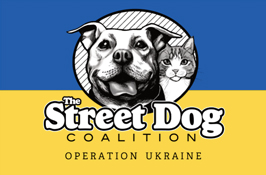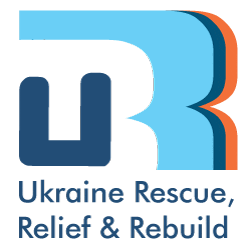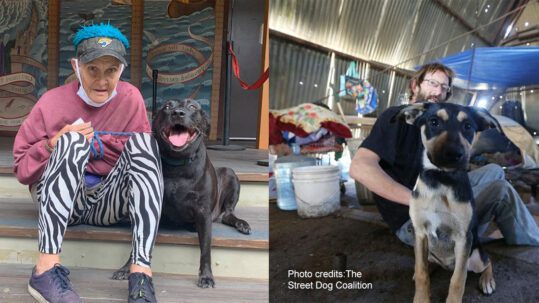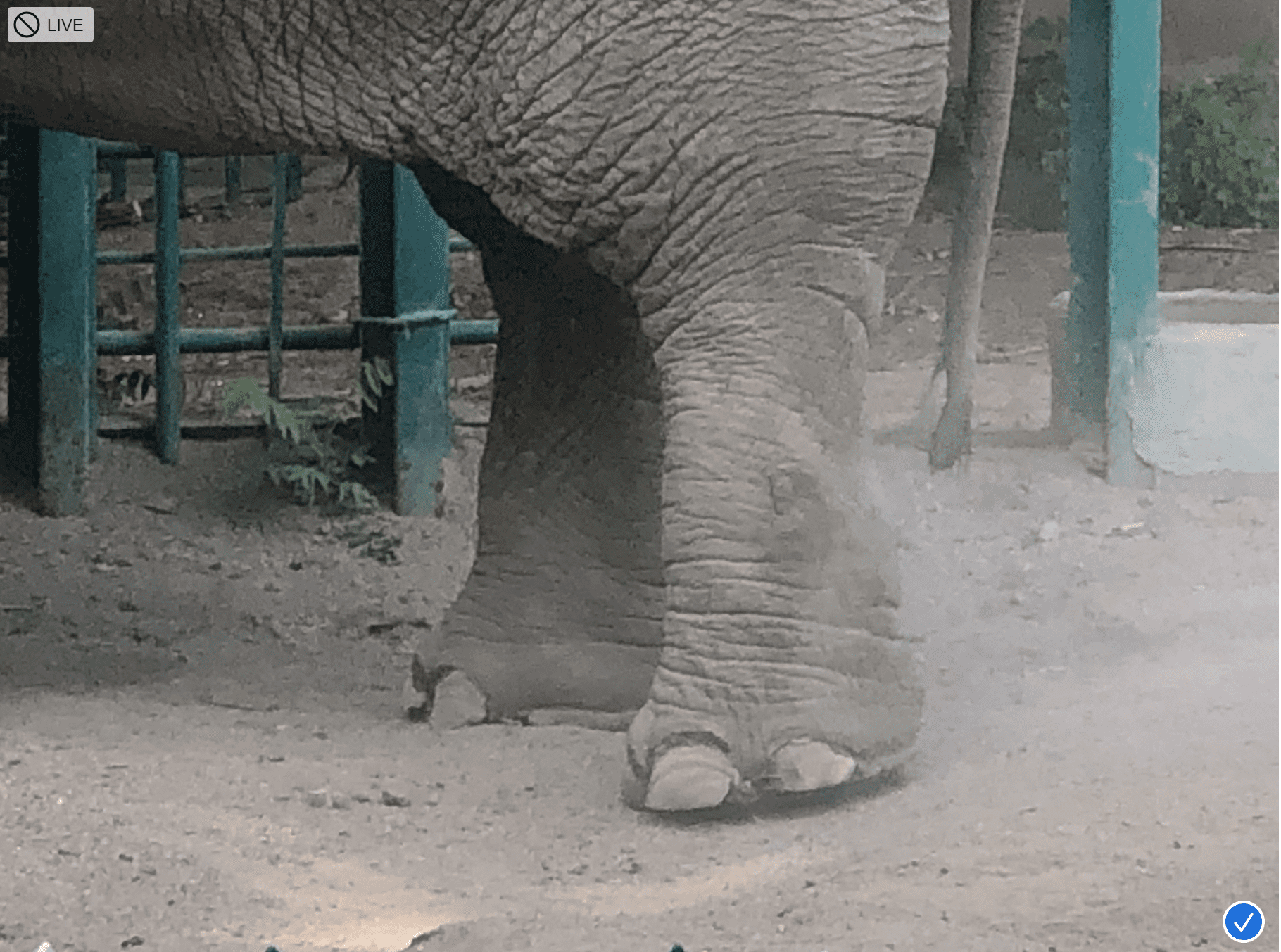The Street Dog Coalition (SDC) was established veterinarian Dr. Jon Geller who recognized the lack of access to veterinary care for pets of people experiencing homelessness. In May 2015, the first SDC clinic was held in Fort Collins, CO, home of Colorado State University’s (CSU) College of Veterinary Medicine & Biomedical Sciences, near a day shelter for people experiencing homelessness. That day, twenty-five dogs and five cats received free veterinary care from a team of five veterinarians, four veterinary technicians, three veterinary students, and several volunteers. Since then, SDC has expanded its geographic footprint substantially since then and now organizes “pop-up” street clinics in more than fifty cities across the United States.
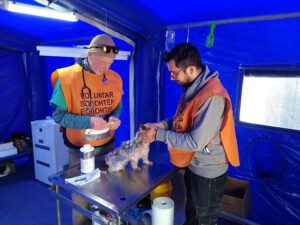
Dr. Geller identified a need in Ukraine and took action. He understood that refugees would have to abandon their pets if they couldn’t obtain the 3-shot rabies vaccinations, microchips and pet passports to continue on their journey. This led him to Isaccea, Romania, on the southern border of Ukraine where he set up a clinic under a large blue tent (which came to be known as the Blue Vet Group) checking pets of war refugees alongside other volunteer agencies, including fellow U3R partner Save the Dogs and Other Animals.
 SDC continues to monitor the situation in Ukraine. It has recently raised funds to equip a mobile veterinary clinic that can operate in and around Ukraine as hostilities permit.
SDC continues to monitor the situation in Ukraine. It has recently raised funds to equip a mobile veterinary clinic that can operate in and around Ukraine as hostilities permit.




